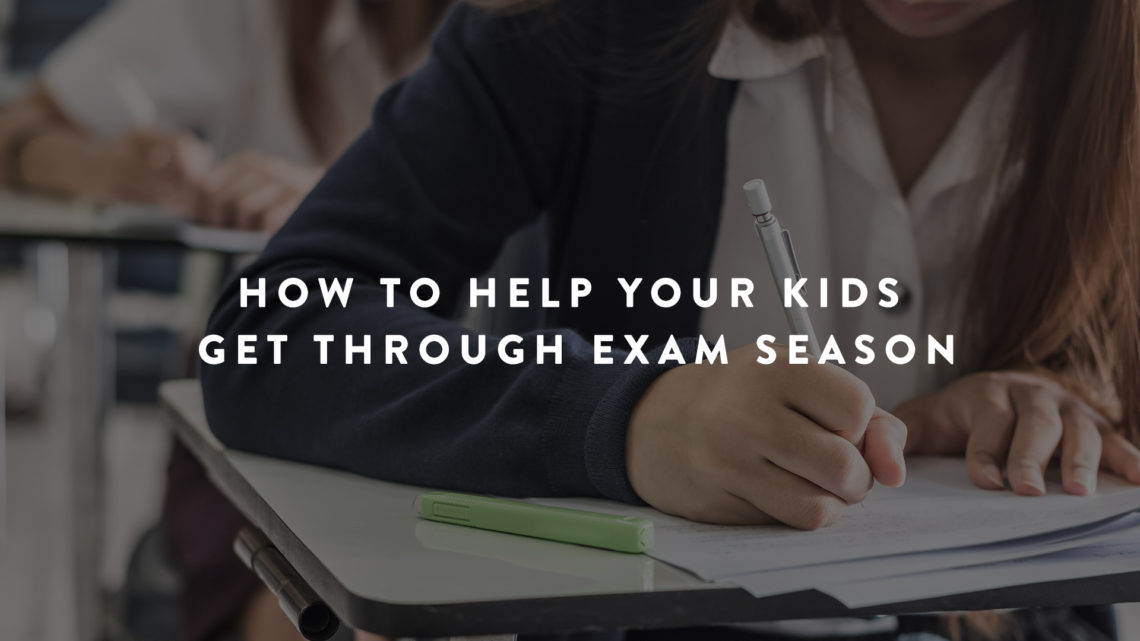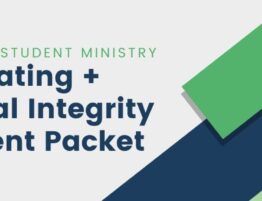
December 10, 2018 | Daniel Walters | 0 Comments
A few times a year, once during the Holidays, and then again at the end of the school year, exams come into focus for families of students. For some, exams represent a last chance to pass their classes. For others, exams can often be exempted due to high scoring grades. And for everyone else, exams are an annoying reality of school that will require some extra studying and a lot of extra stress for both kids and parents.
Many parents often feel a burden to know strategies and tricks on how to help their kids succeed during exams. A quick Google search will show you a plethora of information, some good and some questionable. At my practice, when I talk to parents of my teenage clients, I usually focus on three aspects: common sense, natural consequences, and exam anxiety.
Common sense
When it comes to exams, the common sense part is pretty simple; traditional thoughts like studying three to four days beforehand, getting plenty of sleep and eating breakfast before the exam all make sense. Additionally, a home environment free of chaos, fighting or huge changes are more likely to be a positive environment conducive to studying. If your family is moving, fighting or struggling, that will most likely have a negative impact on your child’s ability to study or perform.
Exam anxiety
Teens can often fall into an anxiety-spiral when feeling stressed about preparing for exams. An anxiety-spiral is a negative thought punctuated by worry and failure that gets worse and worse at each turn. It might look something like this: “If I fail this test, I won’t get an A in this class. If I don’t get an A in this class then I won’t get into the college I want to go to. If I don’t get into the college I want, then I won’t get the job I want, if I don’t get the job I want, then I won’t be successful, if I’m not successful, then I’ll be homeless and addicted to drugs.”
Avoid anxiety spirals with deep breathing, fact-checking worst-case scenarios, and staying in the present moment. Staying in the present moment means not focusing on the future about what might happen. Staying in the present moment also means avoiding past regrets or failures. You can only focus on the here and now.
A question for parents to ask is how much pressure are YOU putting on them to get into the college you prefer them to attend? Are you buying into a worst case scenario?
Natural consequences
Natural consequences means letting the results of a choice simply happen without rescuing, escaping, or shifting blame. If your child chooses to ignore your advice to study and the result is that they fail the class or the exam, do not rescue them by pleading with the teacher or school. Do not allow them to escape the consequences by pretending it didn’t happen. Do not allow them to shift the blame by blaming the teacher or the exam for their lack of preparation.
This might sound harsh. I understand that. But you can allow natural consequences to occur while still balancing it with empathy, and love.
So what does this look like in a practical sense? Saying something like “I’m so sorry you failed this exam. I know that must not be a good feeling. I believe you are smart enough to do better though. What do you think you could’ve done differently?”
The first part of this, “I’m so sorry you failed this exam. I know it must not be a good feeling” is the empathy part. This is where you make the relational connection. If you are angry, exhausted or drained, you will have a hard time doing this. I would suggest taking time to yourself before having this conversation. The second part of this is a positive belief and a question. ASKING questions to your teen about what they think they should do is often more affective than TELLING them what to do. “I believe you are smart enough to do better” is the positive belief. “What do you think you could’ve done differently?” puts the ball back in their court.
After the exams
Who is responsible for a grade in school? I recommend starting to pass the baton in middle school so that by high school the student is doing 80 to 90% of the work and Mom or Dad is encouraging, following up and making recommendations. In that way, a student is unlikely to blame the teacher, the situation, the difficulty of the class or any other situation for their grades, especially if they struggle on the exam. Ultimately, the older the child gets, the more she is responsible for her own grades.
So let’s review:
Your home environment should be relatively calm. Encourage studying three days ahead of time. Help caution against anxiety spirals for your child and for you. Let natural consequences occur—don’t rescue, blame or pretend it didn’t happen.



